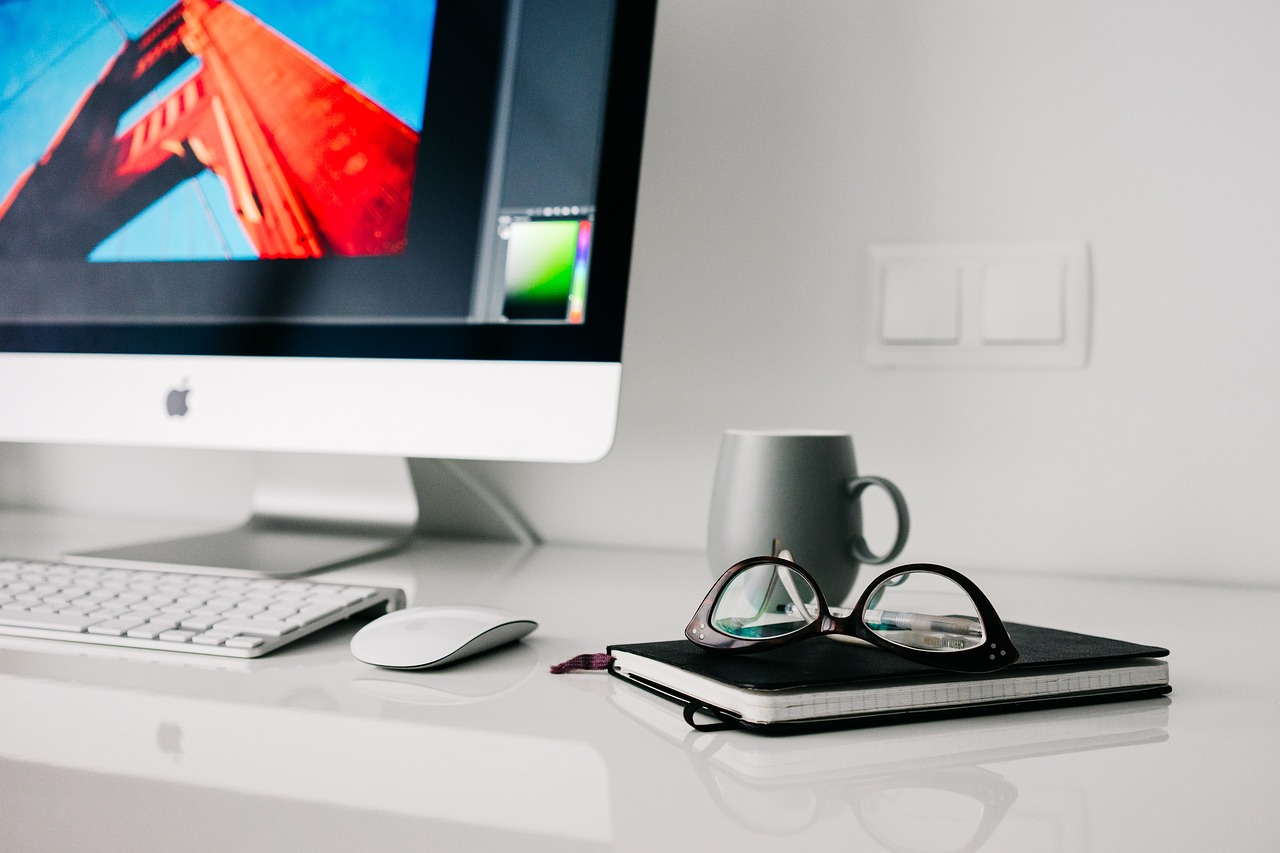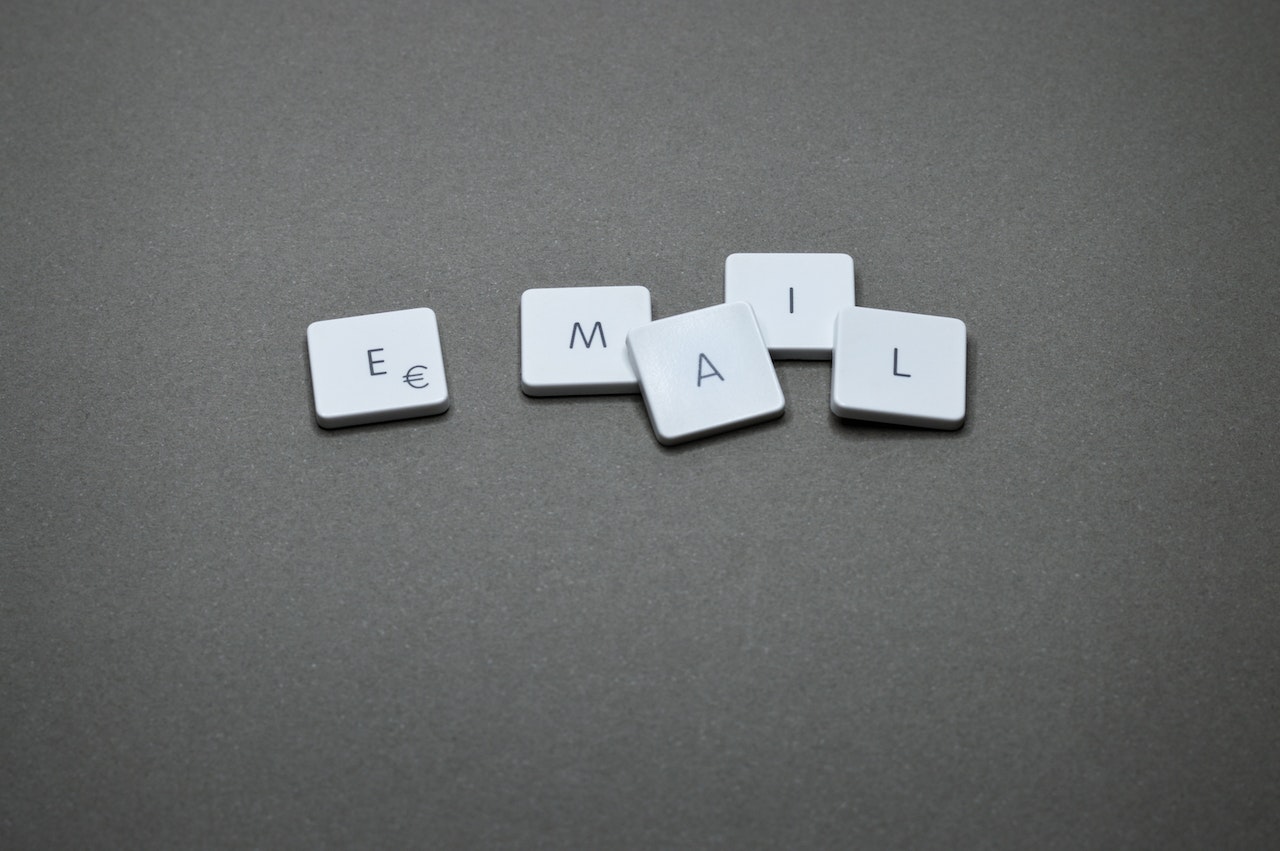How to be more disciplined about working from home
Published

With the insane amount of distractions constantly competing for your attention, it can be difficult to stay disciplined as a remote worker.
After all, you can take a break whenever you want and no one is watching over you. That's why it's all too easy to stay on social media longer than necessary or obsessively check your email to avoid the more demanding tasks on your plate.
Instead of succumbing to these distractions and procrastination, in this article we will show you how to be more disciplined when working from home.
Follow these six strategies and you'll be building self-discipline in no time:
1. Understand what discipline is when working from home

Those : istockphoto.com
There are many definitions for the word "discipline", but here is one of the best to understand it:
Discipline is doing what needs to be done, when it needs to be done, even if you don't feel like it.
The last part is often the hardest to do.
However, the discipline to take on challenging tasks and persevere is an incredibly important skill when working remotely. When your boss isn't around, you need to be able to hold yourself accountable.
Discipline is also a valuable, transferable skill that you can use in any job throughout your career.
And if your goal is to achieve that coveted 4-day week, solid self-discipline is the only way to get there.
So use this definition as a daily reminder that to have discipline, you must roll up your sleeves and commit to doing what needs to be done (even if everything inside you longs to do something easier or more fun ).
Once you understand that, these other five tips will help you achieve your goal.
2. Create a schedule the day before and stick to it
Do you start your day by surfing social media, reading articles, reading texts and then eventually sitting down to create your daily to-do list?
Imagine if you could save yourself all that and have your plan mapped out in advance. Then all you would have to do is show up and get to work straight away.
This is discipline in action.
Knowing what to do before you start your day will make it easier for you to prioritize tasks. Then you can plan your work from home schedule based on what you need to get done first.
Then, when it's time to sit down and get started, you'll immediately be in a productive state.
Take care of the most difficult tasks first, or the ones you don't really want to do.
Your energy levels, concentration and motivation will be highest at the beginning of your work day. This will put you in the best shape to complete these tasks and tackle something complicated that you've been dreading.
Plus, completing a difficult task early in the day takes a huge weight off your shoulders. You'll feel rejuvenated to maintain your productive momentum. And everything else that comes later will be much easier to deal with.
On the other hand, if you start the day with smaller, less important tasks, you will quickly run out of steam and feel like you have achieved little. Plus, you're more likely to put off the giant boulder of a task until tomorrow, leading to procrastination and stress.
This is the exact opposite of discipline.
So when planning your daily to-do list, spot that big boulder and move it out of the way as quickly as possible. Then the smaller stones you come across later will seem like jelly beans.
3. Create a distraction-free work zone
Understanding discipline and having a prioritized schedule is no guarantee that your discipline will grow. Distractions threaten to sabotage even the best-laid plans. So you also need a strategy to eliminate distractions.
Turn on Airplane Mode. If you put your phone on silent and leave it next to your desk, small distractions can still creep into your vision. Turn on airplane mode when you're in a work block and nothing should distract your attention.
Don't forget to turn off desktop notifications from Slack, social media, and email. These notifications can also affect your concentration.
Find a more productive work environment. If you work from home, avoid the temptation to leave the TV on as background noise (it's far too easy to switch between shows and lose concentration). Instead, listen to instrumental music to help you concentrate.
While it's nice to be able to work from anywhere, if you're too distracted by people-watching to meet your deadlines, you may want to rethink your mobile office.
Consider working in distraction-free places that allow you to get into the flow state more quickly, such as: B. in a library corner or a coworking space. You'll find that it's much easier to get work done remotely when others are in the same productive mood.
4. Set weekly and daily goals

Those : k2e.com
Another good tip to develop more discipline is to set some goals.
You can set annual, quarterly, monthly, weekly and daily goals to stay on track and monitor your progress. Start with realistic daily goals, then add some weekly goals and go from there.
But don't just write down a goal you want to achieve. Outline the steps you will take to achieve this goal.
For example, you could set a goal to apply for a new job every day. To achieve this you must:
- Find a job that you are perfect for
- Research job-related keywords to beat the applicant tracking system
- Tailor your resume to your dream job
- Update your cover letter
- Fill out an application
Now you have a roadmap you can follow to achieve this goal. Do this for every goal you set and just stick to the plan.
When you work toward the big picture, you can build momentum as you complete each sub-task. It also allows you to hold yourself accountable. As a remote worker, no one else can watch your back, so you have to learn to do it yourself.
5. Take strategically scheduled breaks
While remote workers can technically take breaks at any time, it's better to tie those breaks to specific milestones.
You can take a break after working for a certain number of consecutive minutes. For example, if you use the Pomodoro Technique, you can take a five-minute break after 25 minutes of work.
Or you can wait until you reach a certain stopping point in your tasks. Social media managers might take a break after conducting keyword research and another after updating their content calendar.
Knowing that a planned break is coming up can motivate you to keep doing your tasks instead of just abandoning them whenever you feel like it. You'll probably find that you get even more done than you expected.
Both methods are also a nice reward for achieving set points in your workday. You'll feel like you've truly earned this break from your desk.
6. Use meditation, visualization and journaling to your advantage
Highly productive remote workers also make time for meditation, visualization, and journaling during their busy days.
Imagine someone training for an Olympic sport. In addition to his daily exercises, he visualizes himself achieving his goal. They often meditate on and write about things that hold them back and would like to overcome.
These three key components will help you strengthen your discipline muscle through the mind-body connection.
Meditate and visualize before important meetings. Spend some time journaling the night before to visualize a successful next day. Or find your center every morning to give yourself the confidence boost you need to handle whatever comes your way.
Of course, meditation and visualization alone won't do the hard work for you. But they can put you in the right frame of mind to do your best.
Are you ready to finally become more disciplined as a remote worker?

Those : vox.com
There's no denying it: remote work can be distracting if you let it. The good news is that it doesn't have to be this way.
If you follow the six tips we've shared today, you'll be less distracted and more disciplined. This newfound productivity will help you get more work done in less time. You'll also be better equipped to do your best work.
This is the power of discipline in action.
So practice a little and see where it takes you.








